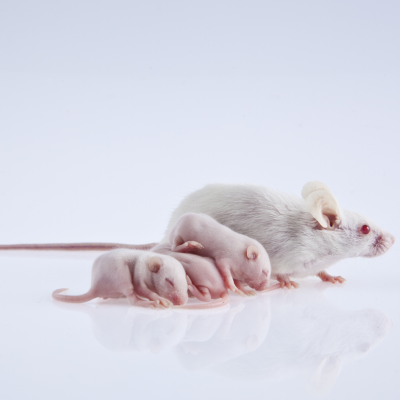The constant bombardment of advertisements telling us what we need to be happy has led to a society that is constantly consuming. However, recent research by neurobiologist Gerald Hüther has shown that happy people actually buy fewer unnecessary things than unhappy people. This is because the pleasure center in the brain is activated with every purchase, masking the underlying dissatisfaction. The pressures of daily life, such as school or work stress, can lead to feelings of unhappiness that we try to compensate for through consumption. The problem is that this behavior is not sustainable and does not lead to true happiness.
Hüther’s research has shown that the brain can compensate for negative experiences in various ways, with consumption being a common method in Western societies. The act of buying something new activates the pleasure center in the brain, providing a temporary relief from the underlying dissatisfaction. However, this feeling is short-lived and does not lead to true happiness. Hüther emphasizes that in order to break this cycle, we need to link the pleasure center with positive experiences that are not related to consumption.
To truly break the cycle of consumption, we need to understand that our beliefs and values are deeply connected to our emotions. By finding alternative ways to activate the pleasure center, such as going for a walk or engaging in a hobby, we can break the cycle of consumption and find true happiness. It is important to remember that happiness cannot be bought, and that true satisfaction comes from within.










